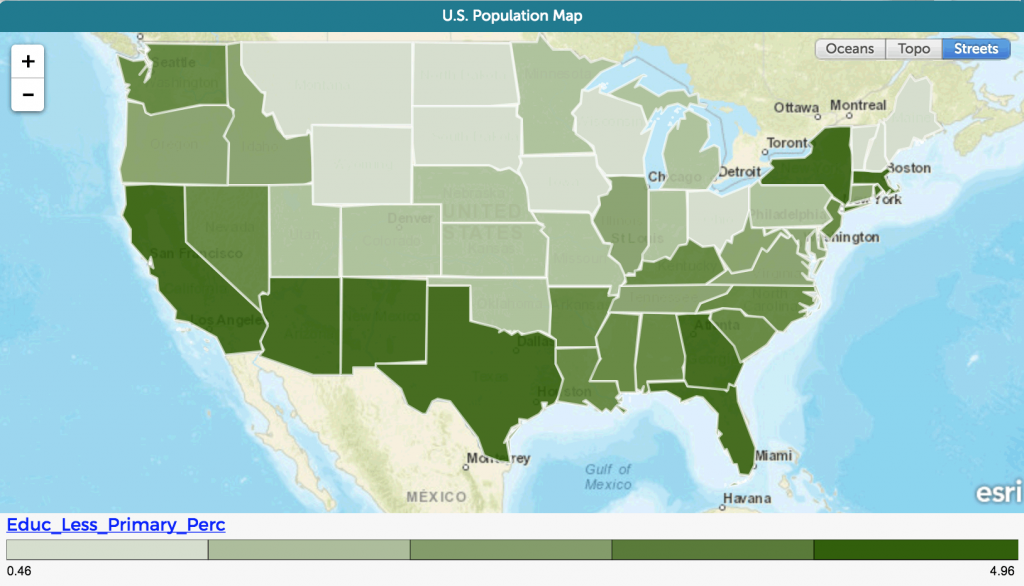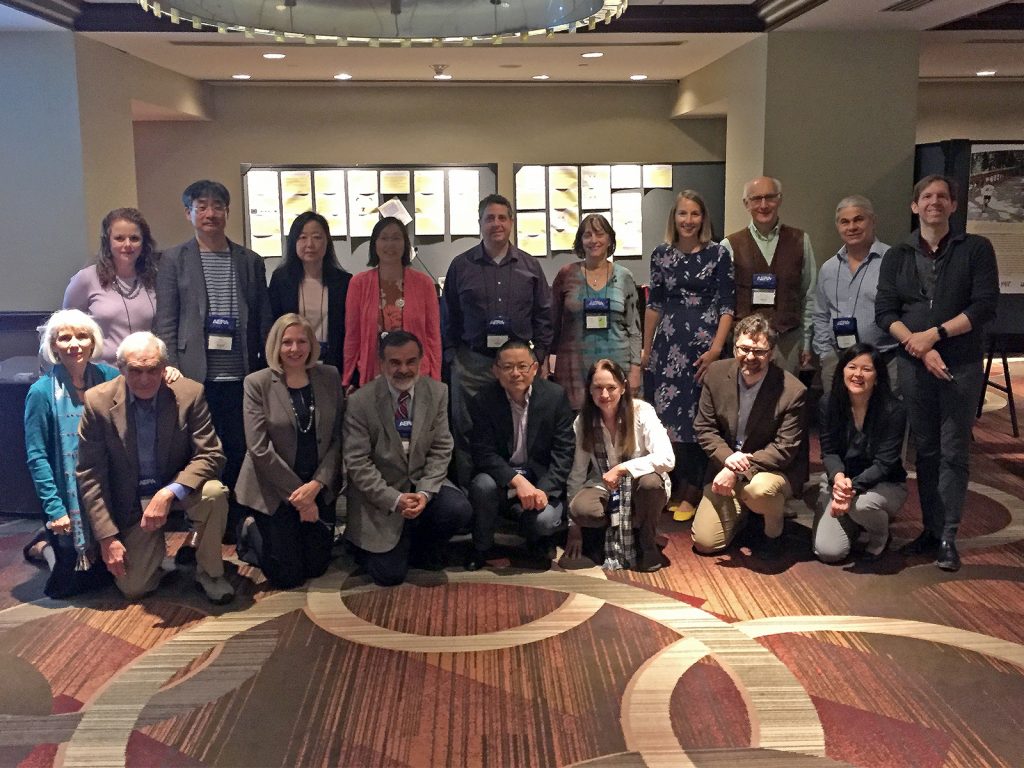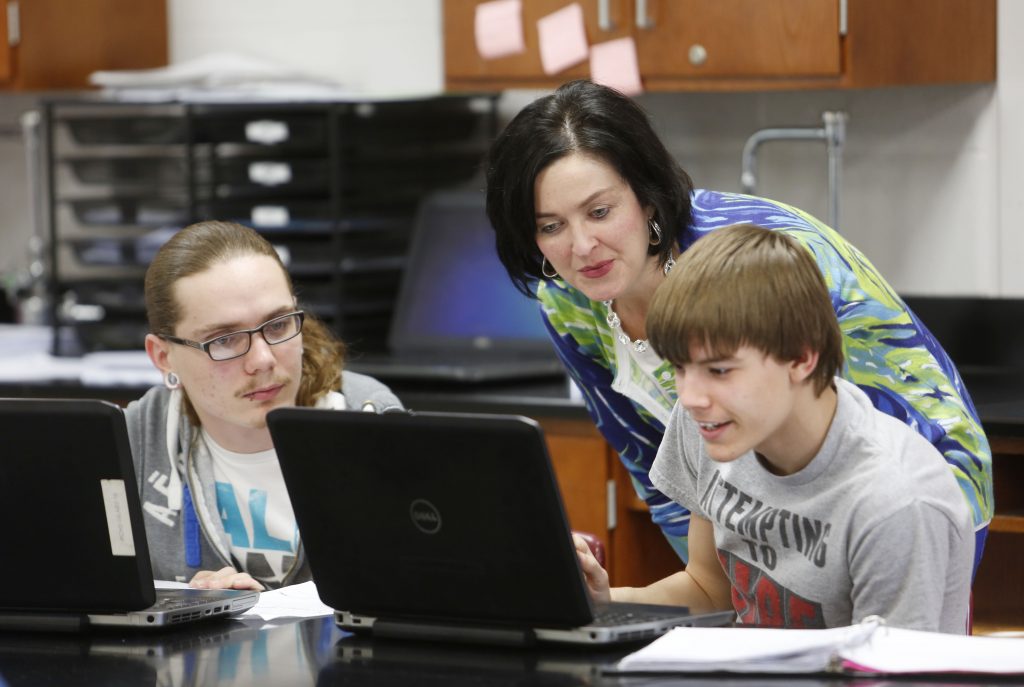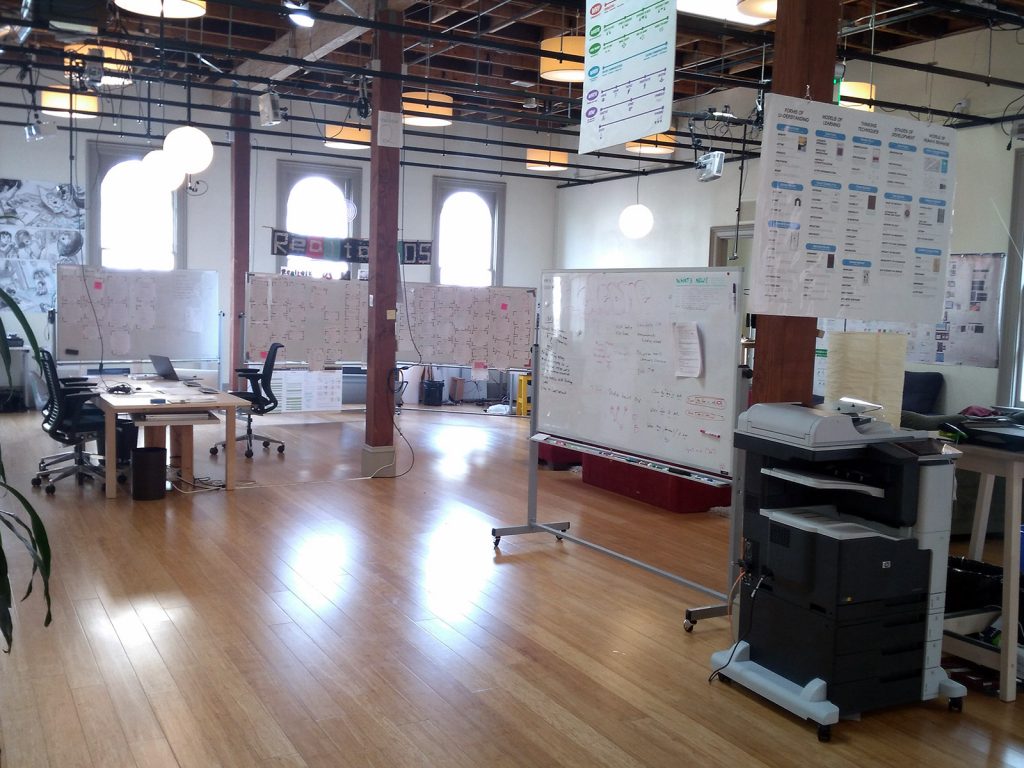Category: 2018
It’s impossible to overstate the importance of getting more students and teachers working with data across all subject areas. Name a problem we face as a society—from combating global warming to feeding the growing population, reducing violence, and increasing equity—and data-savvy people are at the heart of any attempt at a solution. The Concord Consortium, […]
At the Concord Consortium our goal is to prepare students to ask questions and use mental models to answer them. Students who develop this habit of mind early on will, we hope, become engaged and scientifically literate adults. And surely they will not lack for important questions to ask! Here’s an example: According to a […]
We’re thrilled to present three videos in the National Science Foundation STEM for All Video Showcase from May 14 to 21! We invite you to view the videos and join the conversation about research projects that are transforming the STEM educational landscape. Please vote for our videos through Facebook, Twitter, or email! Geniventure Geniventure is […]
Kilauea, Hawai’i’s youngest and most active volcano, has been continuously erupting since 1983. But it made news again recently with large earthquakes and lava fountains erupting in residential areas. Have you ever wondered what’s going on with Kilauea? Can scientists predict when and where a volcano will next erupt? You can use Seismic Explorer to […]
Several researchers and senior scientists from the Concord Consortium traveled to New York City in April for the annual meeting of the American Educational Research Association (AERA). A record 17,148 educators and researchers around the world attended AERA 2018, which offered 900 sessions in eight hotels centered in bustling Times Square. A poster with research […]
“Thinking is hard work,” laughs Stephanie Harmon, who teaches physics, Earth science, and physical science at Rockcastle County High School in Kentucky. One of her primary goals is teaching students to think. “So much happens to us on a daily basis that we take for granted as long as everything is going okay,” she says. […]
We’re thrilled to announce that the popular High-Adventure Science (HAS) climate module is now available in Spanish. Many thanks (muchas gracias) to Penny Rowe (University of Santiago of Chile) and Cristián Rizzi (Universidad de San Andrés, Argentina) for taking this on! The Spanish-language version directly parallels the existing English-language version. The HAS climate module poses […]
At the Concord Consortium, we believe that the most powerful educational experiences engage the whole learner, and that educational technologies are most effective when they leverage students’ social, cognitive, and creative abilities. Yet as trends in educational technology push us toward more individualized, computer based-instruction on personal devices, these advances threaten to constrain learning to […]
With renewed attention to global environmental challenges, understanding how Earth’s systems work is essential to both thinking about those challenges and finding potential solutions. Teaching about human interactions with Earth systems requires that students apply relevant science concepts to these challenges. For example, students should understand the water cycle when exploring freshwater distribution, the atmospheric […]
Are you attending the 2018 NSTA annual conference in Atlanta March 15-18? We’re leading 10 presentations at the Georgia World Congress Center (GWCC) and the Omni Atlanta Hotel at the CNN Center and one short course at the Westin Peachtree Plaza Hotel. Something for everyone, from modeling science in kindergarten to data science education. Join […]




